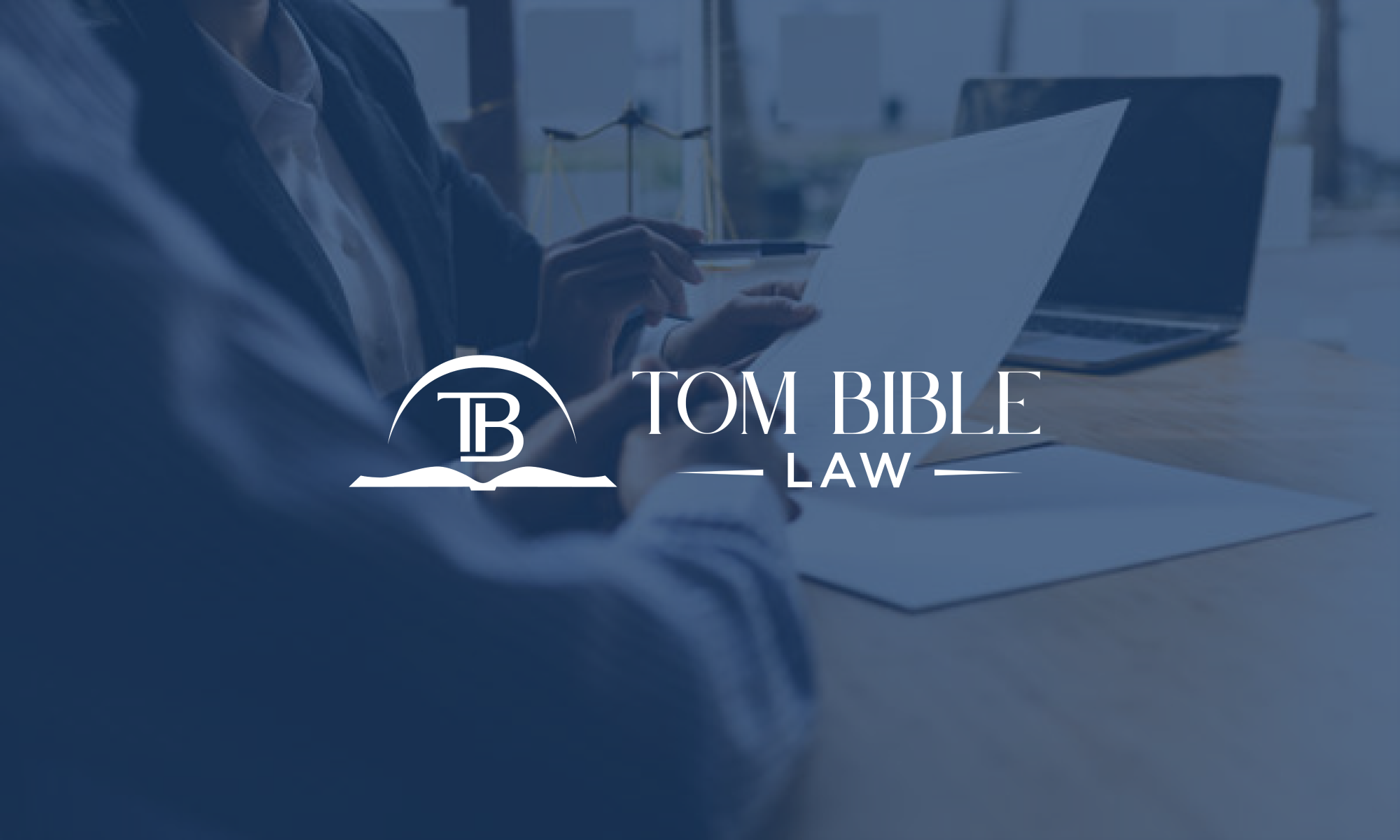You may not have to deal with wage garnishment or debt much longer. Bankruptcy offers options both for dealing with wage garnishment and for escaping massive debt. Exploring how wage garnishment works and what your bankruptcy options could be might help you start taking control of your finances today. Feel free to ask a Kingsport bankruptcy lawyer for guidance if you have any questions.
Wage Garnishment Basics
You might be wondering what wage garnishment is and how this works. Wage garnishment is when a creditor or other entity you owe money to starts taking portions of money from your income to pay back debt. This is not a choice and happens under legal enforcement.
Unfortunately, while wage garnishment is being legally employed, there is not much you or your employer can do to stop garnishment. Employers are even legally prohibited from firing you while wage garnishment is taking place. Not only that, but employers may not be able to add extra income to your wages to compensate for wage garnishment.
This does not just mean usual income but may also include earnings during paid holidays, severance pay, disability plan payments, bonuses, termination pay, and workers’ compensation. Do not panic if you are worried about having no income left. Certain limits are placed to only allow disposable earnings to be garnished for debt repayment.
Can Bankruptcy Stop Wage Garnishment?
Many people wonder what their legal options are when dealing with wage garnishment. Filing for bankruptcy can stop wage garnishment in some cases, depending on the type of bankruptcy and what debt you owe. However, stopping wage garnishment may only be temporary until the bankruptcy case is closed.
After bankruptcy proceedings are over, you may have to return to wage garnishment as part of the new payment plan. You may also have to continue paying leftover debts not handled by bankruptcy. All of this depends on whether your bankruptcy case erased or reorganized the debts in a way that no longer requires wage garnishment.
Others have concerns about whether their employer will find out about bankruptcy. This is where wage garnishment can also play a role in bankruptcy. When it comes to bankruptcy outcomes, employers must be notified about bankruptcy when bankruptcy stops your wage garnishment because this involves a change to your income that affects your employer.
However, your employer finding out about you filing for bankruptcy may not always be as negative as it seems. In some cases, employers might be relieved that you are working on a solution to your financial struggles because this may end wage garnishment. Bankruptcy laws also have certain protections for employees related to discrimination against employees who file for bankruptcy.
Call Tom Bible Law for Legal Aid
You may not have to be stuck with crippling debt forever. Start by contacting us at Tom Bible Law at 423-874-6628 for a consultation today about your financial options related to wage garnishment and bankruptcy. Our experienced team of Tennessee Bankruptcy Attorneys is ready to help you explore all your legal options when it comes to filing for bankruptcy. We serve clients in the Tennessee cities of Chattanooga, Kingsport, and Tullahoma.


